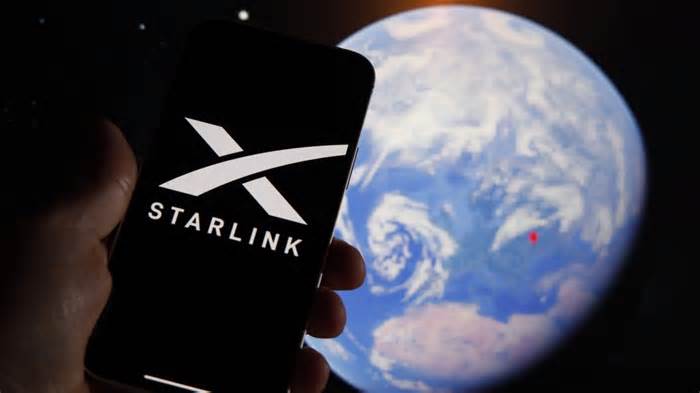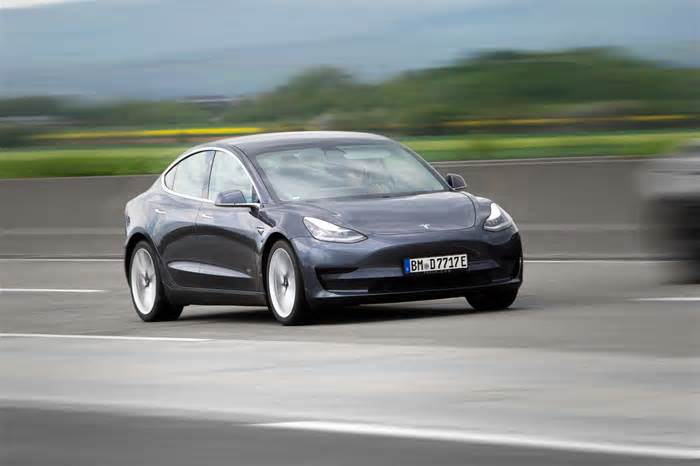
Starlink steps closer to India? GoI likely to relax satellite-communication rules for Elon Musk’s SpaceX
- by Firstpost
- Dec 03, 2024
- 0 Comments
- 0 Likes Flag 0 Of 5

Whatsapp Facebook Twitter
Currently, companies applying for satcom licences under India’s Global Mobile Personal Communication by Satellite (GMPCS) system must comply with 30-40 stringent conditions. There have been some discussions on easing some of these requirements
Challenges for Starlink and Kuiper in India
Both Starlink and Amazon Kuiper have pending applications for GMPCS licences, with neither of the services meeting all the existing security criteria. Starlink has been urging the Indian government to get its regulations in line with global norms, given the borderless nature of satellite communication services.
Meanwhile, Telecom Minister Jyotiraditya Scindia emphasised that while Starlink is making progress toward securing approvals, it must adhere fully to the current rules before any licences are granted.
Amazon’s Kuiper on the other hand, is gearing up to launch over 3,200 satellites starting in 2025, with plans to roll out commercial services later that year. For its part, Starlink already operates over 6,000 low-earth orbit satellites and has pledged to support rural connectivity in India, aligning with government initiatives to bridge the existingdigital divide.
Spectrum debate in the spotlight
The push for regulatory reform coincides with a broader debate between global satcom providers and Indian telecom giants like Reliance Jio, Bharti Airtel, and Vodafone Idea. Local telecom operators argue that satcom companies should acquire spectrum through auctions, just as they do, rather than receiving it via administrative allocation.
Despite these objections, the government has indicated that satellite spectrum will be allocated administratively, albeit with an associated fee.
Expanding India’s Space Economy
As global satcom players await their licences, India’s space sector is set to see significant growth. The government projects the domestic space economy to grow to $44 billion by 2033, which would ensure that India captures 8 per cent of the global market compared to its current 2 per cent share.
With stakeholders like Bharti-backed Eutelsat OneWeb and Reliance Jio’s SES partnership coming up for a launch soon, upcoming policy changes could set the stage for India to emerge as a major player in the global satellite communication landscape.
Editor’s Picks
Please first to comment
Related Post
Stay Connected
Tweets by elonmuskTo get the latest tweets please make sure you are logged in on X on this browser.
Sponsored
Popular Post
Middle-Aged Dentist Bought a Tesla Cybertruck, Now He Gets All the Attention He Wanted
32 ViewsNov 23 ,2024
Tesla: Buy This Dip, Energy Growth And Margin Recovery Are Vastly Underappreciated
28 ViewsJul 29 ,2024






 Energy
Energy



















